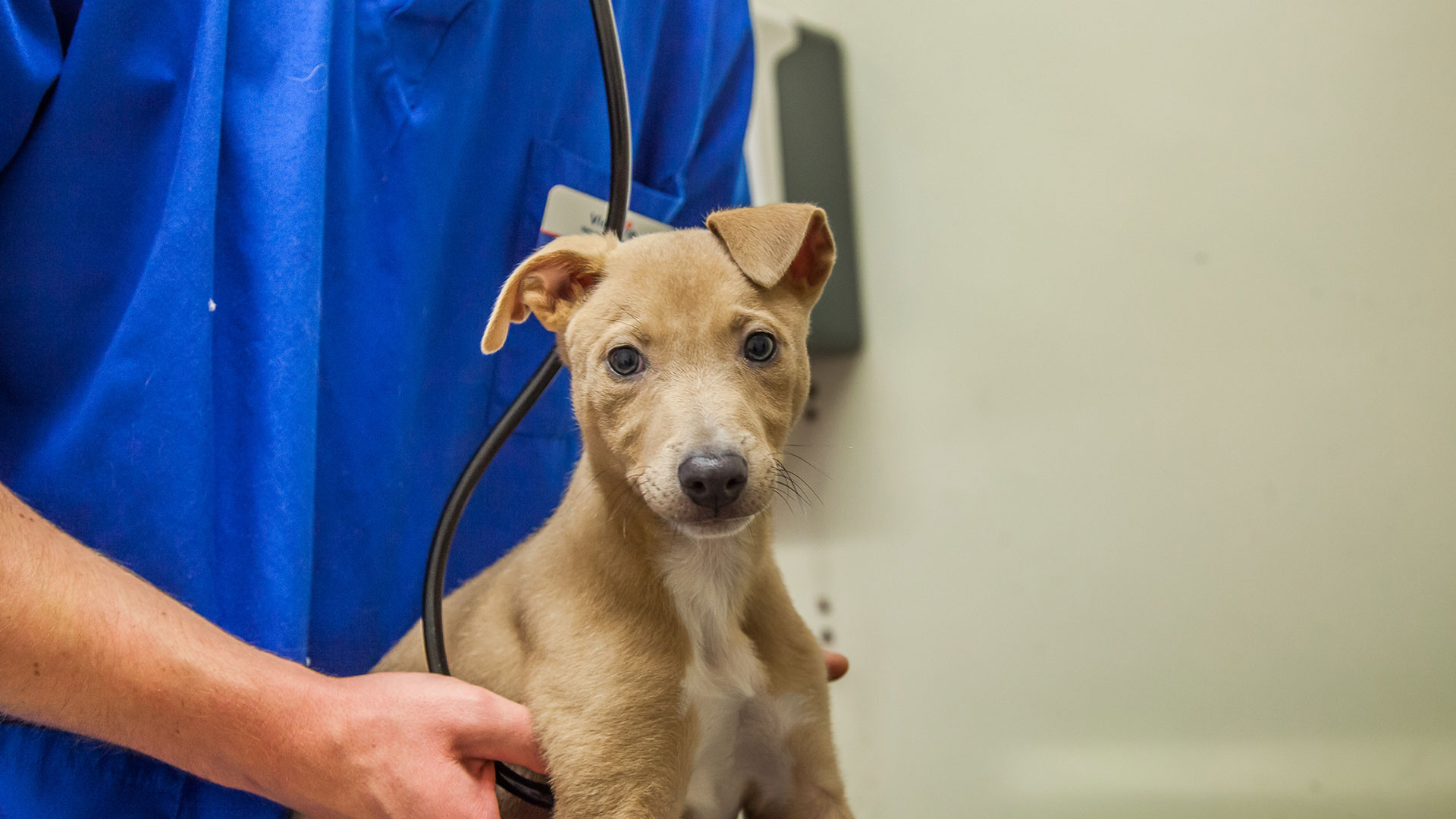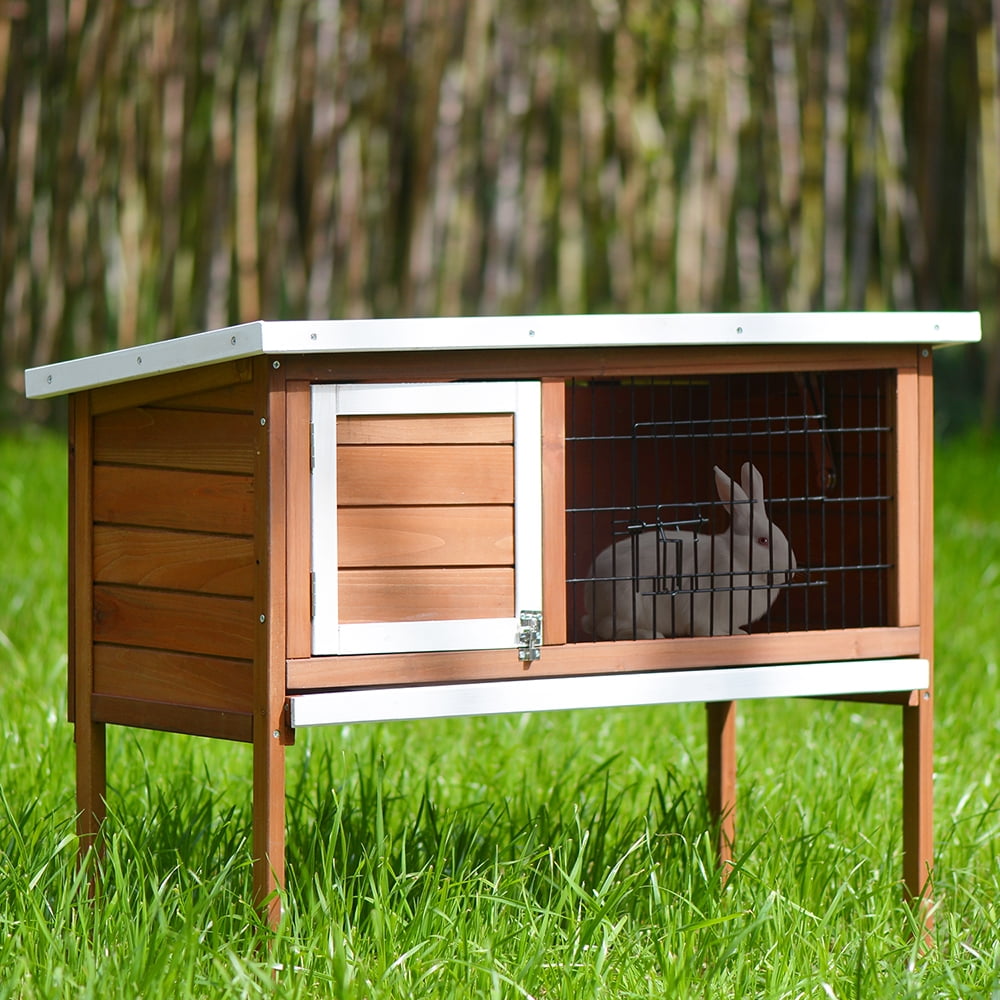Table of Content
Above We try to describe the average cost of neutered rabbits. Neutering is a surgical procedure, undertaken to prevent both female and male rabbits from reproducing. In males the testicles are removed – this is the main source of the hormone testosterone, so levels of this hormone fall after the surgery.
With proper care and monitoring, your rabbit should be able to make a full recovery with no long-term negative impacts. Besides being a humane and responsible thing to do, fixing your pet rabbit also offers behavioral and health benefits. A local rescue or shelter may not have advanced surgical tools like a high-end clinic. Some organizations may not neuter a rabbit for free but they will offer a significant reduction in price via discounts. Buying and neutering a rabbit is less expensive than buying and not neutering your rabbit.
Interested in complete peace of mind for your rabbit?
It’s also important to consult with an experienced veterinarian that specializes in rabbits to determine the safest and most appropriate option for your rabbit. Your veterinarian will be able to give you a more accurate estimate for the total procedure cost. A male rabbit should be neutered at the age of three to four months. If there is any surgical issue or vets want to add other medical treatment, then the charge will be needed extra.

The cost of services at a Veterinary School Clinic is usually much lower than the cost at a regular veterinary hospital. Rural Veterinarians usually have more farm and livestock experience, and less experience with small animals such as rabbits. The cost of services at a rural veterinarian clinic is usually lower than the cost at an urban veterinary hospital. Generally speaking, rabbits are happier after being neutered and will lead a healthier, less stressful life. Neutering reduces a rabbit’s hormone levels, helping to reduce stress and anxiety. A neutered rabbit is also less likely to engage in aggressive behaviors like mounting, biting, or scratching, and less likely to roam around looking for a mate.
Can rabbits live without being neutered?
James A. Rider has been writing about savings and finance since 2016 and analyzes thousands of products to find you the best deal. They cover huge products including home, garden, car, business, tech, and many more for making the best financial decision. Neutered make your bunny stressless from sexual tension, make calmer and your bunny will grow more social.

Warm compresses will help, but it is nothing to be overly concerned about. With any sign of infection, take the rabbit to the veterinarian immediately. However, when veterinarians use certain stitching techniques, there is no scar whatsoever. Hopefully, these veterinarians will tattoo the tummy to indicate the spay has been done, but otherwise, the only way of knowing is to proceed with the surgery. They are calmer, more loving, and dependable once the undeniable urge to mate has been removed.
Please Consult Your Own Local Vetrinarian
A healthy rabbit may experience some soft stools after being spayed or neutered. This soft stool should clear up within a few days as the bunny settles back in and begins eating. If the stool is extremely loose or does not firm up in a few days, a veterinarian should be consulted.
If you have a friend who is a veterinarian, they may be willing to do the surgery at a reduced rate or even free of charge. Overall, the cost of a rabbit in the UK can range from £20-£200 depending on the type of rabbit you are looking for, its age, and any additional extras. The cost of a rabbit in the UK varies depending on the type of rabbit you are looking for. Generally, domesticated rabbits, such as a pet house rabbit, can cost between £20-£50.
Neutering is performed on male rabbits to remove the testes. The veterinarian will make an incision in the scrotum and remove the testicles through it. Many Veterinary Schools offer low-cost spaying/neutering clinics to the public. These clinics are staffed by students who are supervised by licensed veterinarians.

Gut health is important as it provides a natural analgesic, or pain relief, while they are under anesthesia. It is also important that they have been vaccinated against RHD2, or Rabbit Haemorrhagic Disease, in order to prevent any symptoms. As long as the rabbits are handled appropriately and the appropriate environmental conditions are provided, there is nothing wrong with a rabbit living without being neutered. This can help reduce aggression and territorial issues in males, as these conflicts are often caused by hormones. They may also become much more docile after the procedure, so they are usually less active and less vocal.
A rabbit’s recovery from anesthesia can depend on many factors, such as length of surgery time and depth of anesthesia. Once spayed, rabbits are less likely to exhibit behaviors that most owners find distressing such as humping, urine marking, and showing aggression. We are going to start by talking about spaying rabbits and then move on to neutering rabbits. That being said, once the male rabbit’s testicles have descended, which can be from 3.5 months old, they can have the surgery. Once you’ve decided that neutering your rabbit is the best thing to do, it’s essential to take into account the best age for your bunny to have this procedure.
Whether you should get your rabbit neutered depends on their age, health, and of course – if you ever wanted to breed them or not! That being said it is generally considered a useful thing to do with a number of benefits should a rabbit be able to successfully go through such a procedure. Immediately after coming home, give your rabbit a comfortable and safe environment.
No comments:
Post a Comment